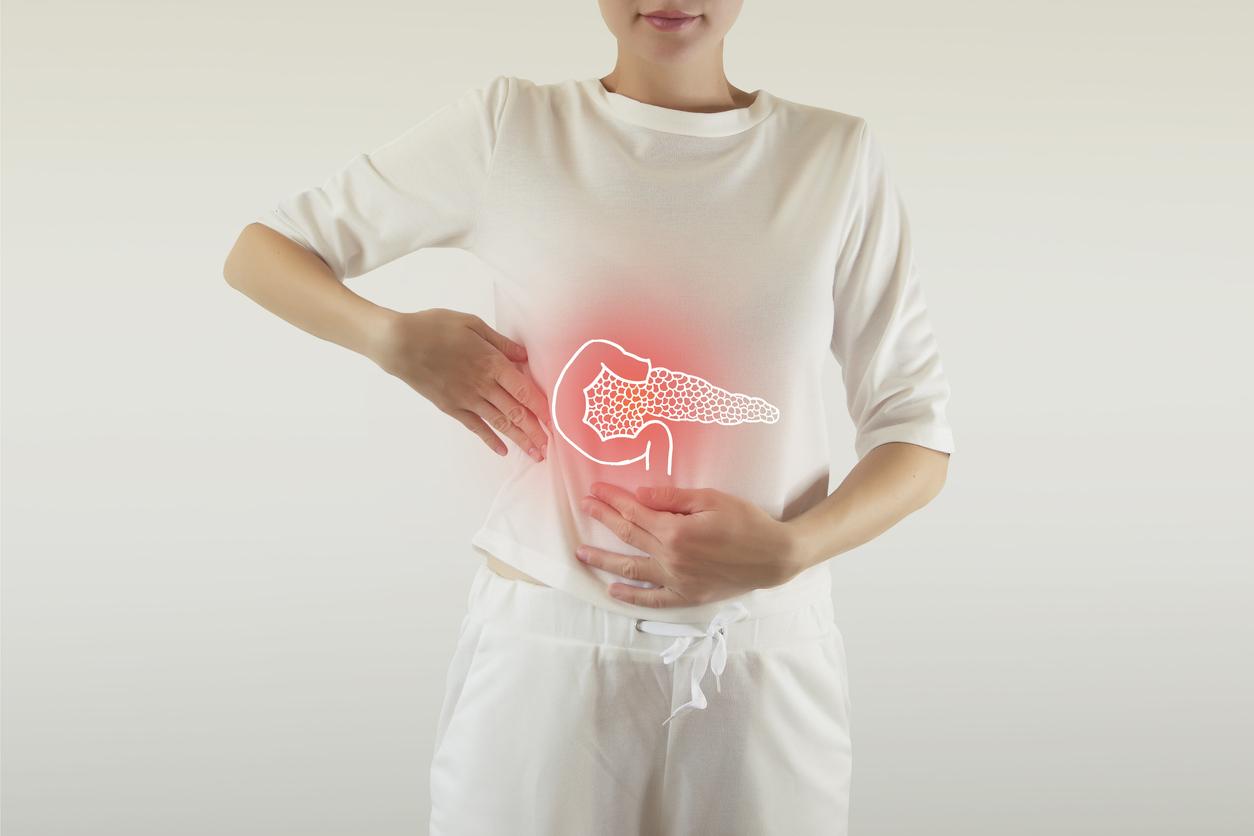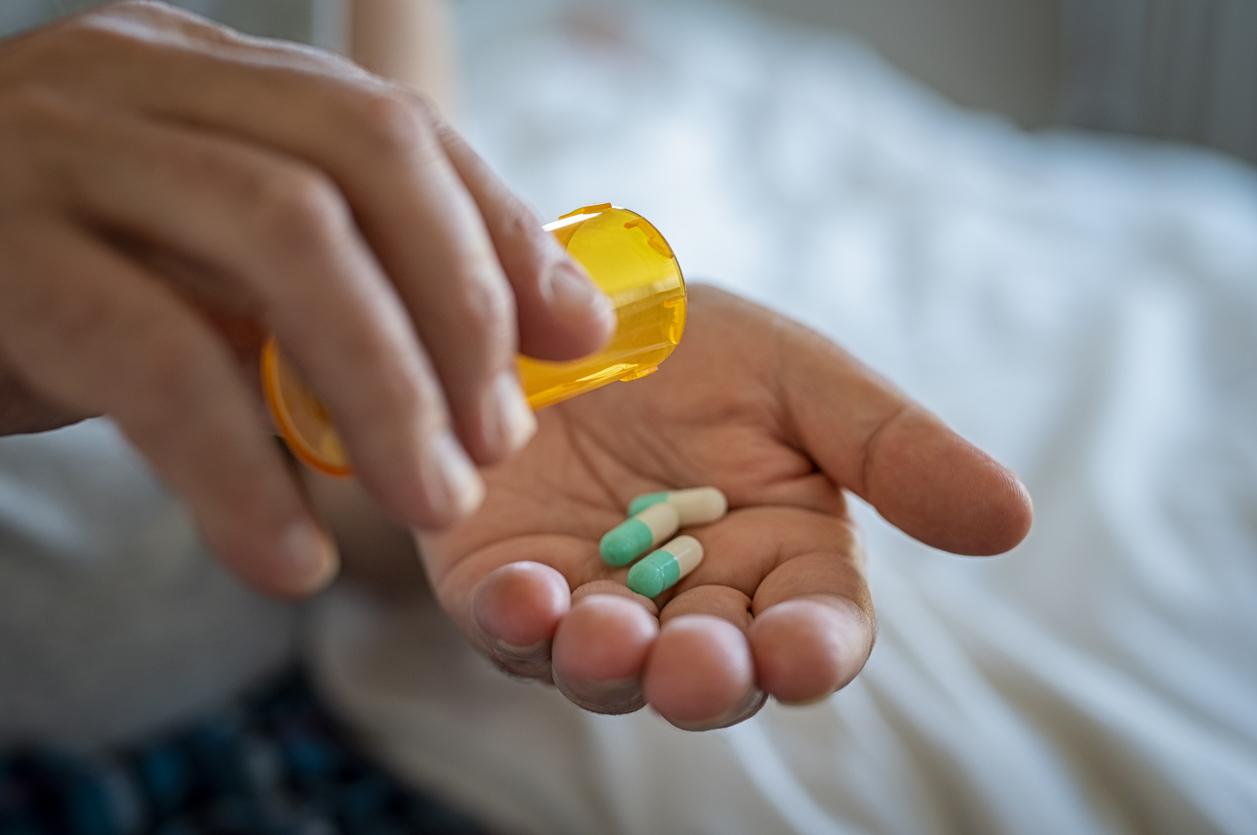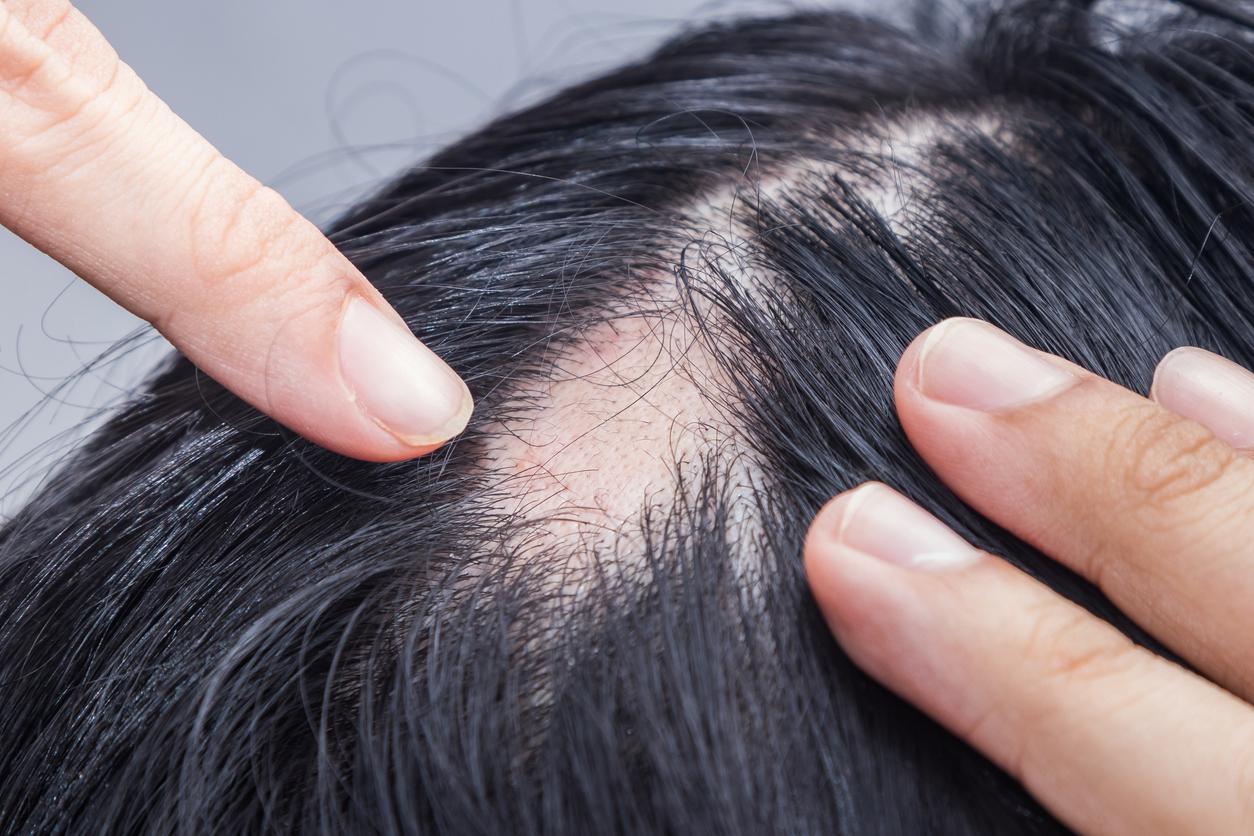Pharmaceutical companies will work with the police to try to stop counterfeit drugs. In April, the latter made a record seizure in the port of Le Havre.

The Medicines Companies (LEEM) are joining forces with the police (gendarmerie and police) to fight against counterfeit medicines. The pharmaceutical industry union and the Central Office for the Fight against Attacks on the Environment and Public Health (OCLAESP) in fact signed on July 7, 2014 a “Declaration of principle” which strengthens their partnership, in France. , in the fight against falsified medicines.
Practical sheets for the public
In detail, the agreement revolves mainly around an exchange of information between the two parties on the falsification and diversion of use of drugs and raw materials for pharmaceutical use, while respecting the confidentiality inherent in this. Type of activity.
It also provides for the implementation of joint actions to raise awareness among drug companies, in particular practical sheets, and to inform the public about the ever-increasing number of offers on illegal sites or on social networks.
According to them, this private / public partnership is one of the solutions to try to stop this phenomenon which is becoming more and more widespread. Also in a mutual approach to improving the training of these two actors. This so that they better understand counterfeiting.
An agreement useful in the fight against drug addiction
On the occasion of this signature, Patrick Errard, president of Leem, wished to recall that the objective pursued by the LEEM against counterfeiting is first of all “public health”. “This is a real scourge that France is facing. The new agreement with OCLAESP seals ten years of partnership. In addition, we are also going to strengthen ourselves in our common activity by transferring both the knowledge of the gendarmes in the field, but also the knowledge of the LEEM. Having this knowledge sharing also makes it possible to better fight against the misuse of drugs, especially when it comes to drug addiction, ”he continued.
On the side of the police, same story. In a video posted on the LEEM website, Colonel Bruno Manin, head of OCLAESP indicates that his priority concerns the sale of drugs on the Internet. He thus recalls that “on the web, 50% of drugs are non-compliant (sometimes counterfeit) and therefore dangerous for the health of the patient. “Finally, he concludes by indicating that” more than 90% of sites on the Internet are illegal therefore not backed by a pharmacy. These are commercial sites behind which any criminal can hide. “
And there are criminals. 2.4 million fake medicines from China were seized in the port of Le Havre in April. It is the largest seizure of counterfeit medicines ever made by customs in Europe.
.

















